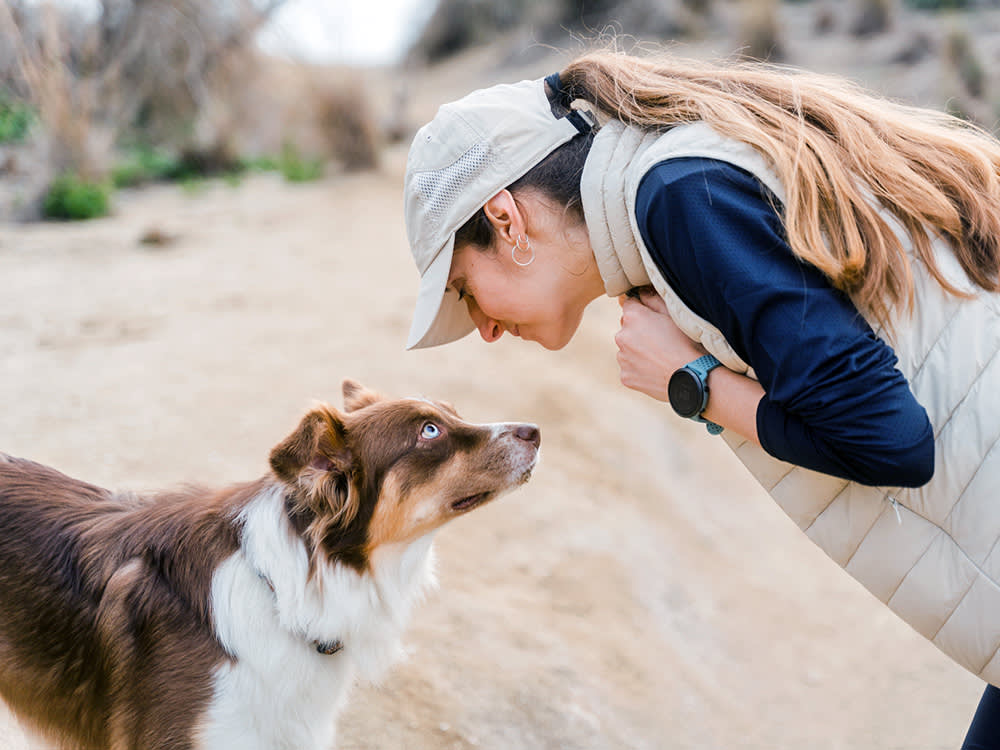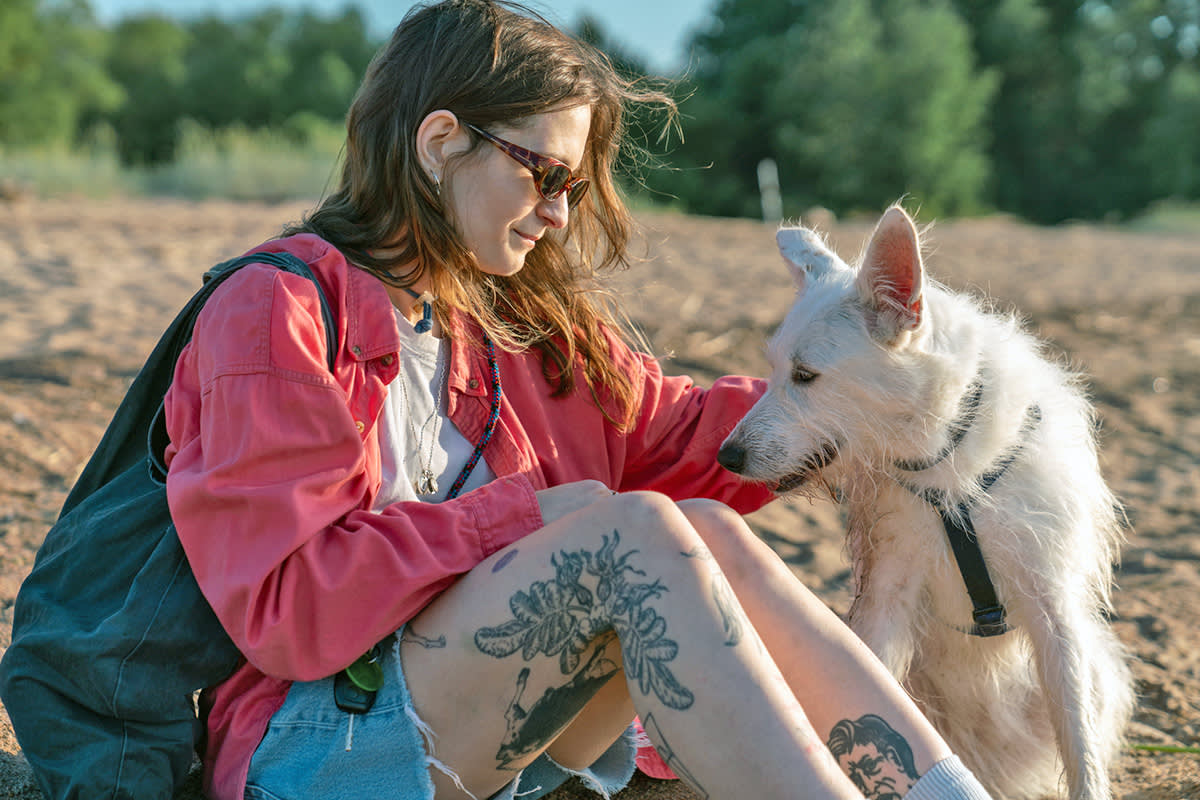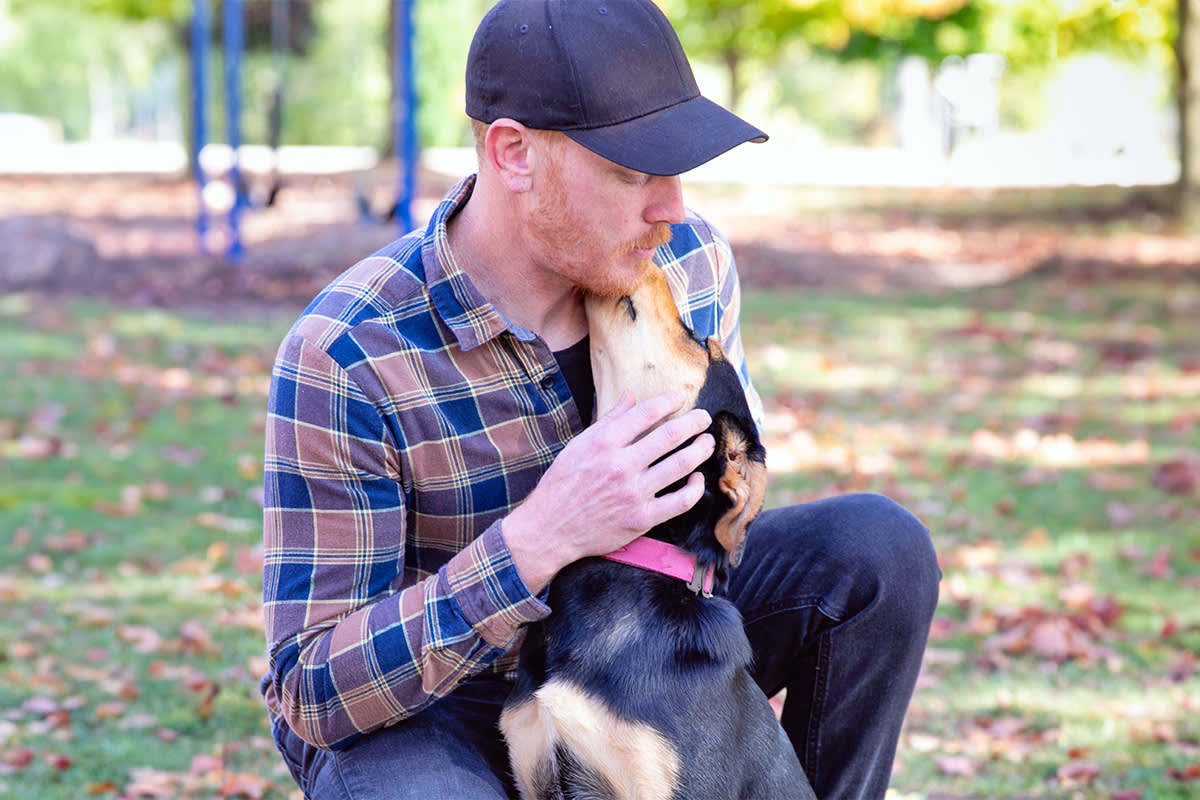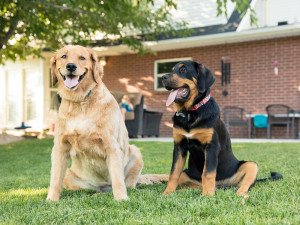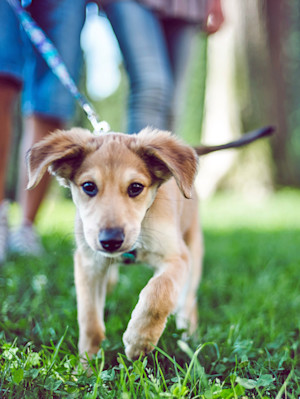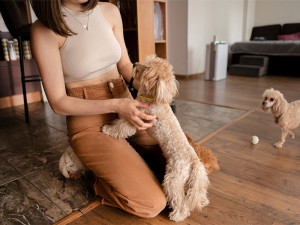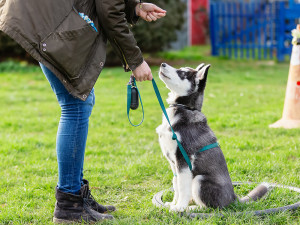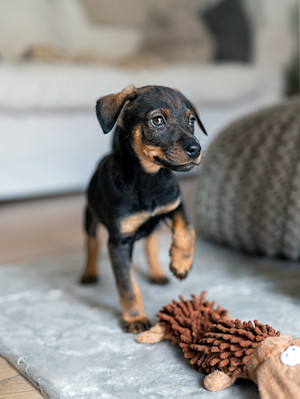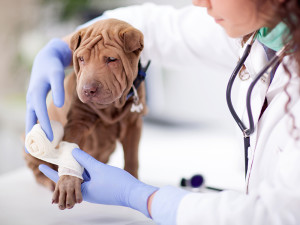Constantly Comparing Your Dog to Your First Pup? You May Have “My Last Dog Syndrome”
It's definitely a thing.
“Growing up, I had the best dog. I wish my dog now were just like her.” “My dog is not anything like the one I grew up with!” “The dog we had as kids never acted like this!”
Perhaps these words have come out of your mouth (or you may have just thought them), because it’s a common sentiment.
It’s natural to have a deep, forever love for our childhood dogs, and it’s easy to compare the blissful past to the mix of fun, work, and stress of having your own dog as an adult. If that describes your situation, consider the good fortune this represents. Remember: It’s fantastic that you grew up with a dog who has left you with such glorious memories and who sets a high bar for any dog you welcome into your heart forever after. But let’s explore the comparisons being made, and make sure they don’t sabotage future dog relationships. There are a lot of reasons for the differences between your dog now and the one you grew up with.
You’re not alone — many people deal with this.
The tendency to make unfavorable comparisons to a previous dog is so common that dog trainers refer to it as “My Last Dog Syndrome,” and the comparisons can be particularly striking when remembering the dogs we had as kids. Huge numbers of people seem to have grown up with an absolutely perfect dog, and now struggle with the challenges of a new dog, both practically and emotionally. Some dogs really were easy and great in so many ways, so every dog who comes after has a big challenge when it comes to being treasured in the same way.
How much do you spend on your pet per year?
Sometimes, people forget what a little menace their first dog was when they were younger and only remember the relatively easy years after they had calmed down a bit. Sometimes, the current dog is not as good a match for you as your childhood dog was and as in all relationships, and it requires extra work for everyone to be their best selves when facing a mismatch.
Your childhood dog no doubt helped you through some rough emotional times, and it’s hard to find that kind of impactful, almost magical power at any time after that. When a loved one of any species is there during your formative years, there is a special bond that may not ever feel the same, and that’s pretty incredible. The dogs we love as kids can create a love in us that stays forever, and there’s nothing wrong with that.
The dog or dogs you grow up with informs your idea of the perfect companion, in everything from their behavior to their looks. I once had a client who wanted to find a dog with a patch over their eye shaped just like the one his dog had growing up. I’m ready to believe that dog was an amazing dog, but I can’t get on board with believing the unusual blob-shaped black spot over his eye had anything to do with that. People often seek a dog who looks like their vision of the perfect dog based on their childhood dog, and that rarely goes well.
You’re probably romanticizing dog parenthood.
Each dog is an individual, with different qualities — both their best and their least charming ones. Whatever training struggles or challenges you are having with your dog are probably not the same ones you faced with your childhood dog, making it easy to feel nostalgic about that former dog.
Parenting a dog and being raised with a dog by (human) parents who are taking care of both of you are completely different experiences. One of the reasons so many of us remember the dogs we had when we were young so fondly is that most of us didn’t have to do all the hard work of taking care of them. Sure, most of us helped out, but mainly we got to enjoy the fun parts of having a dog in the family without having to handle all of the responsibilities. We didn’t have to pay the vet or the groomer or deal with the unpleasantness of a dog who hated being at either of those places and acted accordingly.
There’s a good chance we never had to clean the car after a bout of diarrhea opens in new tab or deal with vomit on the dog bed because our parents took the lead on that. We didn’t suffer the financial consequences of a dog who chewed a new pair of shoes or ate the steaks that were supposed to be dinner.
No one can replace your first pup.
It’s not unusual to have a deep, forever love for your childhood dog. No dog and no person can ever replace the exquisite bond between a child and a dog. The memories of growing up together and of the love and support of a loyal dog are magical experiences that even the best parents in the world can’t quite match.
There are special memories with that first pup — coming home to someone who was glad to see you, when they chose to sleep in your room and not your brother’s, when they licked your tears when you had a bad day at school or your grandma died, or the way they didn’t care at all that you didn’t make the varsity volleyball team. These are formative times, and the love for your dog is understandably especially intense and pure.
Also, maybe you did just happen to grow up with the best dog in the world. Whether it’s empirically true or not, it’s absolutely beautiful that nobody can ever convince you otherwise.
